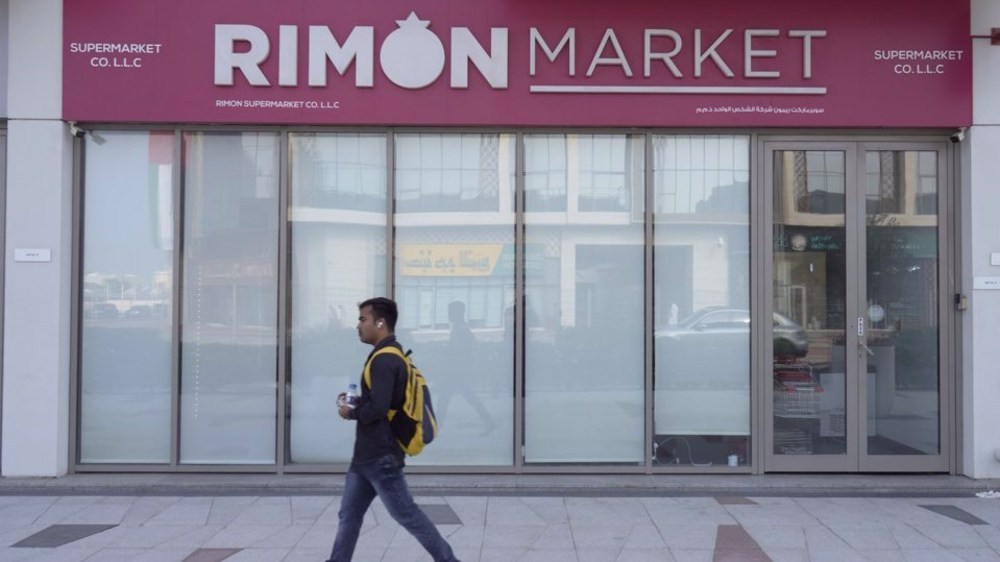Bahrain court issues flurry of convictions amid crackdown on dissent
As Manama continues to muffle calls for change, a court in Bahrain has convicted dozens of the country’s citizens to death, life in prison, and denaturalization over allegations of murder and terrorism.
On Sunday, Bahrain’s al-Wasat newspaper reported that the court had issued death sentences against three and life terms against seven others, while stripping eight more of their citizenship over their alleged involvement in the killing of a police officer on the island of Sitra, south of the capital back in May.
The tribunal also convicted four other people to life in jail and six more to 15 years behind bars each over accusations that they had established and led a “terrorist” group named Jaish al-Imam “with the intention of arming and training its members to carry out acts of terrorism.”
Thousands of anti-regime protesters have held numerous demonstrations in Bahrain on an almost daily basis ever since a popular uprising began in the country on February 14, 2011. The protesters demand that the Al Khalifah dynasty relinquish power.
Scores of people have lost their lives and hundreds of others sustained injuries or got arrested as a result of the regime’s crackdown.
Besides giving the security forces carte blanche in their treatment of protesters, the regime has also been using the legal channels at its disposal to muzzle dissent.
The country, meanwhile, held hearings for Sheikh Ali Salman, who headed the al-Wefaq opposition group, Bahrain’s largest parliamentary bloc before dissolution by the Manama regime, and fellow senior opposition cleric Sheikh Issa Qassim.
Sheikh Salman was arrested in December 2014 for backing reforms in the country through peaceful means. He was then sentenced on June 16, 2015 to four years in prison at a trial, which charged him with “publicly insulting the Interior Ministry” and “publicly inciting others to disobey the law” through his speeches. Amnesty International described that trial as “unfair.”
After appealing the verdict, the Supreme Court of Appeal increased Salman’s prison sentence to nine years in May on charges of inciting violence and calling for anti-regime demonstrations.
In October, the Court of Cassation, the Bahraini court that has the ultimate say in appeal requests in the country ordered a retrial of distinguished Shia opposition cleric, Sheikh Ali Salman. The retrial took place on Sunday, but was adjourned until later in December.
On June 20, Bahraini authorities stripped 79-year-old Qassem of his citizenship over his support for reform in the kingdom, less than a week after suspending al-Wefaq, and dissolving the Islamic Enlightenment Institution founded by Qassim, and the opposition al-Risala Islamic Association.
Also on Sunday, Qassem took part in a trial session in Manama, which was likewise adjourned upon hearing only three testimonies, and without any date being given for the resumption of the hearing.
The trial was held amid strict security measures in the capital. Security forces also spread across the northwestern village of Diraz, where people have been amassing in front of Qassem’s house every day over the past months in solidarity with the cleric. They enforced tight rules over entry into and exit from Diraz, prevented foreign workers from entering the village, and stopped corporations from operating in the village’s northern area for a second consecutive day.
Mikati demands Israel's withdrawal from south Lebanon
Yemeni army strikes Israeli military sites with drones
‘Clock ticking’: UNRWA slams unjustifiable killing of children in Gaza
BP to be sued in Britain for supplying oil to Israel
VIDEO | Press TV's news headlines
Israeli strikes on north Gaza hospital ‘extremely dangerous, terrifying’: Director
VIDEO | Yemen targets Tel Aviv with Palestine 2 missiles
Pezeshkian: Iran resolved to complete North-South Transport Corridor















 This makes it easy to access the Press TV website
This makes it easy to access the Press TV website